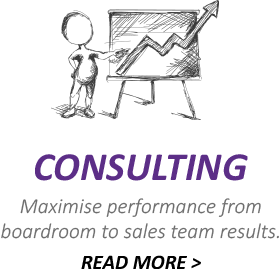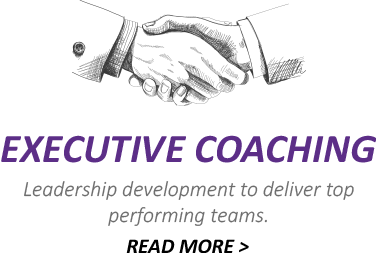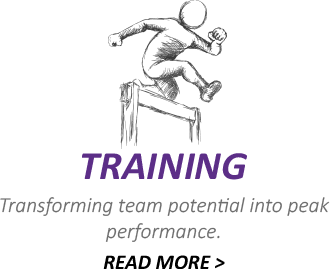When you think about productivity do you recognise the power of the KPI’s you choose?
I want to share with you a real-life experience whilst working with a top multi-million-pound manufacturer of construction products.
I discovered the impact of different metrics when working with their Technical Services Team. This team were responsible for answering all of their customers technical product questions. However, in an effort to produce an efficient and productive team the management had chosen to measure as a KPI of the ‘number calls handled per day.’
Every week the Technical Services Team would produce a report which showed the number of calls they had dealt with each day. The team diligently tried to get through as many calls as quickly as possible every day.
What was the effect of this metric?
Unfortunately, the team were focusing on getting through their calls as fast as possible. In fact, if one of the team became involved in an in-depth conversation with a customer they would receive dirty looks from their colleagues! They saw this as slowing down the team’s productivity.
When we decided to change this KPI metric to measuring the ‘number of qualified opportunities’ the team discovered each month, everything changed.
This wasn’t easy at first for the team, but by helping them learn to ask better questions they started holding more relaxed and professional conversations with customers. They were now focused on showing personal interest in customers, discovering what type of projects they were doing and ensuring they were using the right product and advising on its application. This change of metric gave customers a much more valuable level of service. However, the benefits didn’t stop there, it also gave the company huge improvements. Each month the team were now actively discovering good quality opportunities and passing them to the sales team to follow up, resulting in a dramatic increase in sales results.
This internal technical team also became more engaged, as their work was now much more fulfilling and rewarding. To ensure they saw the value of their work we had the sales team report back on the results from the leads generated and rewarded the Technical Team on these results.
So, why not review the KPI metrics you are using to measure performance and ensure they are producing the behaviours you desire and most importantly add value to your customers.

 hello
hello hello
hello
 hello
hello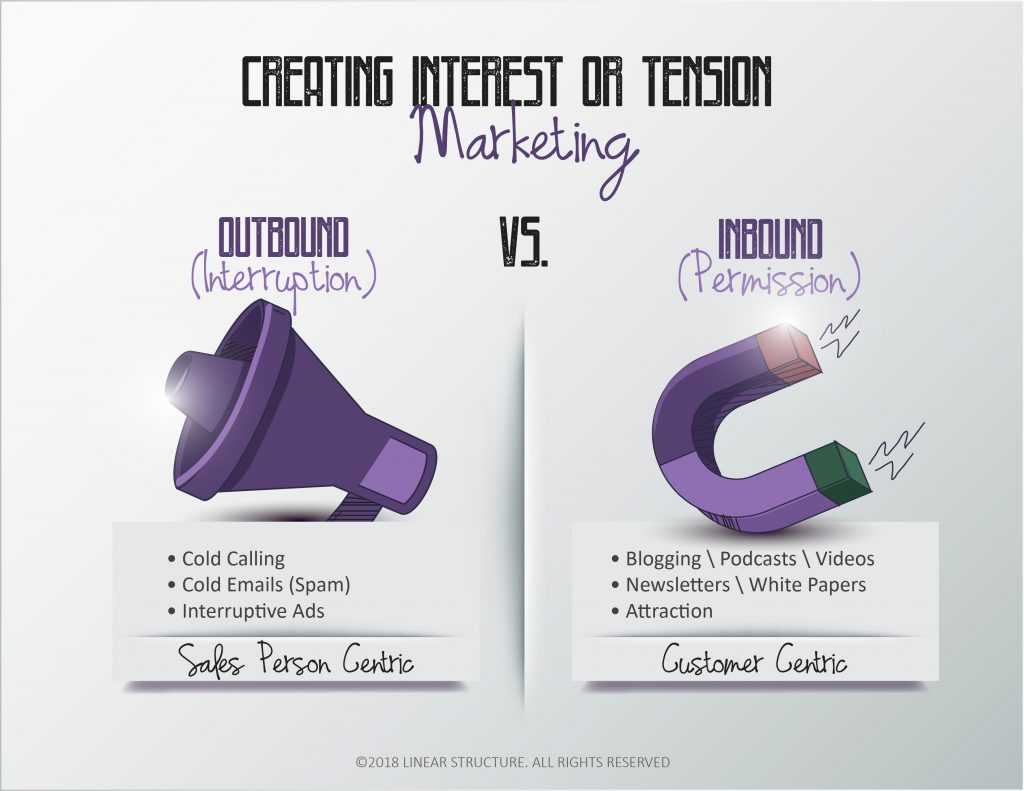
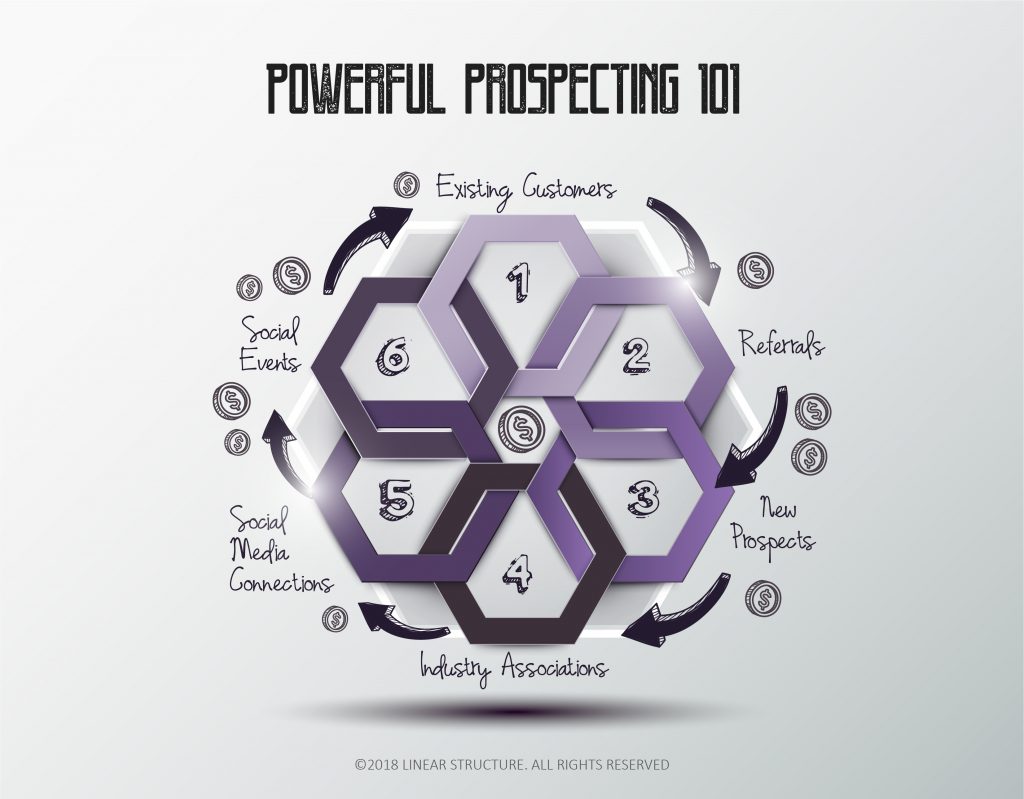
 hello
hello hello
hello hello
hello hello
hello hello
hello